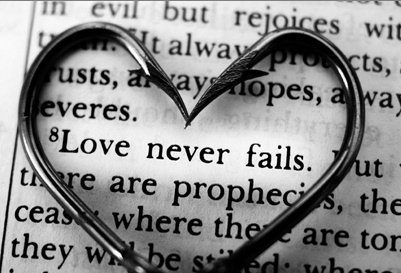This is Mary Beth. Freud's Civilization and it's Discontents, gives readers insight into his theories of psychoanalysis. Although the book is relatively short in length, it is filled with complex concepts and ideas. I was especially intrigued with his explanations of religion and love.
It is a known fact that Freud was not a fan of religion. Yet, it is interesting to read about why he felt that way. In Chapter 1, Freud explains how the longing for a father's protection is one explanation for religion, the father being God, The Father (p.21). He also argues that individuals search for purpose in life, which is a generally ambiguous concept. Religion gives meaning to such people's lives. It gives them direction and a reason why they were put here on Earth. Freud truly makes his views on religion clear when he states, "Religion is when a large group of people bond together and try to obtain happiness and protection from suffering by a delusional transformation of reality" (p.36). Such individuals obviously do not view religion as a delusion, but as truth.
Freud is also not a fan of religion because it involves the idea of everyone finding happiness in the same things (p. 42). Instead, he feels as though different personalities will find happiness in different things. On this subject, I agree with him. For instance, the narcissist will find happiness in himself, the generous in giving, and the romantics, in love.
Love is another concept Freud discusses in Civilization and it's Discontents. He describes love as dangerous because it "makes one emotionally invested and capable of rejection" (p. 69). I can see Freud's point, yet, it is a very sad and pessimistic view of love. Instead, becoming emotionally invested in another and having faith that they will not reject you are concepts that make love such a beautiful thing. Although mine may be a very naive point of view, Freud's only leaves him inhibited and skeptical.

No comments:
Post a Comment